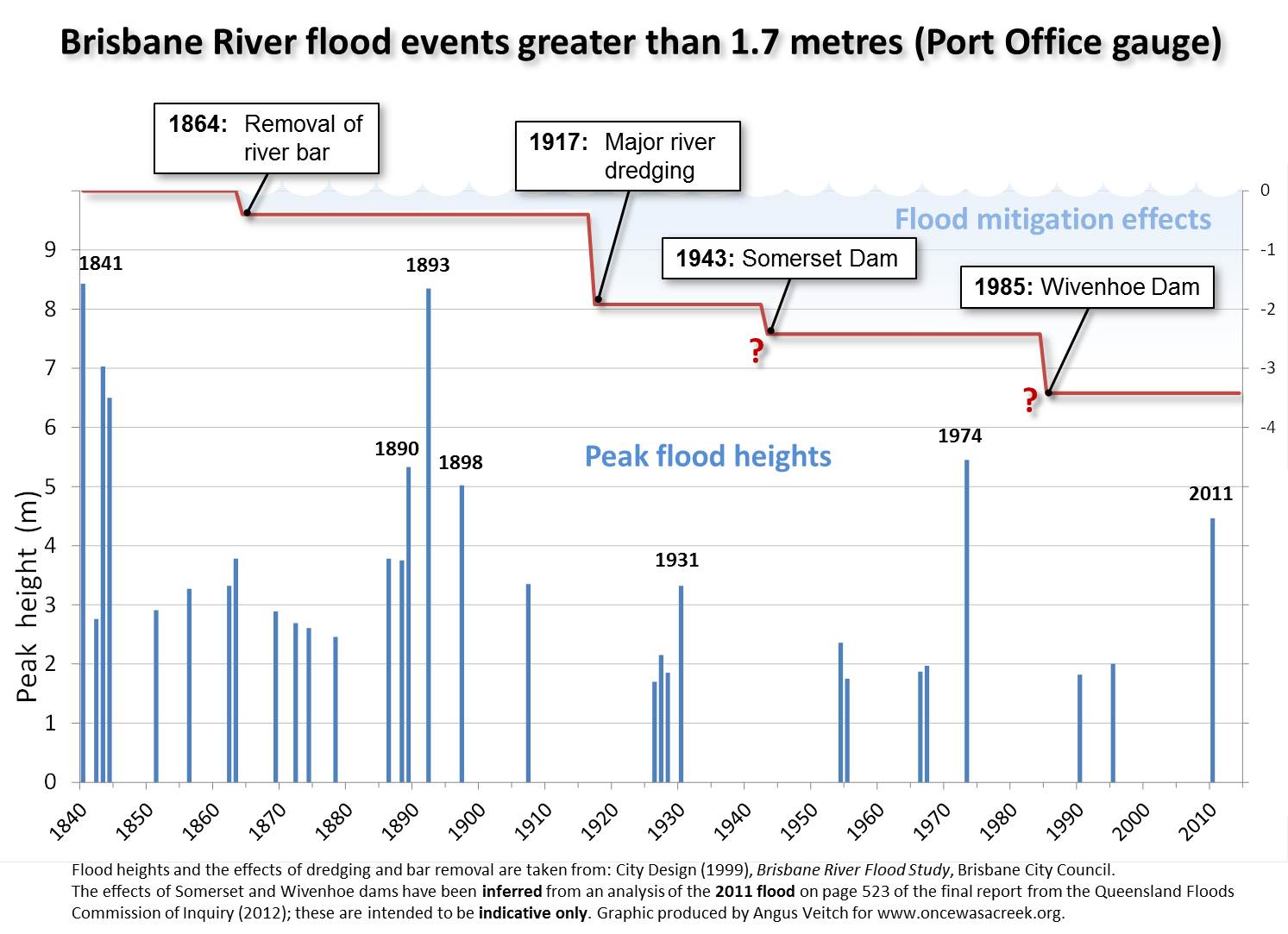“Nowhere does there seem to be any incentives to actually get the right answer, attempt to reproduce and criticize a peer’s paper, and generally to behave with integrity.”
This is a problem of our obsession with newness and novelty: what happened yesterday or if we already spoke of it, is not important. It is also a problem of accountability. If you are not accountable, what you said yesterday doesn’t matter.
For “correctness” to be valued, for someone to be accountable, looking backward AND calling to task another party for mistakes have to be socially supported activities. Al Gore and Michael Mann continue to use slides and say things from years past that have been discredited or, at a minimum, shown to be exaggerations or inappropriate. They shrug off criticisms because they can. They are not held accountable by society or their professional alliances.
But the problem is much, much greater than that. George Bush lied/misinformed/disinformed about the presence of biological, chemical, nuclear Weapons of Mass Destruction in Iraq in order to frighten the world into attacking that country. The lie brought in Britain. It was a lie known as a lie at the time, and attempts by Valerie Plame to bring truth to the fore were ruthlessly stopped. Obama says outrageously incorrect things these days about the certainty of terrible damage and the criticality of immediate, punitive, regulatory actions by the American (and other) governments. But there is no come-back. They are not accountable.
As long as there is no accountability for gross errors, integrity will be challenged in the scientific – and all other! – fields. The solution is to demand accountability, but how is that to be done?
I have had a long career in the profit-based oil and gas business. And I have a lot of experience to back my statement that accountability is not high. Bonuses are paid, termination packages are paid even when the company falls down through egregious risk-taking and internal deceit. Should we mention Wall Street and Goldman Sachs here, or General Motors and Chrysler, where absolute self-interest ruled right through the economic crisis of 2008? Where was the accountability when the American taxpayer bailed out the rich for their flagrant disregard of their taxpayer shareholders?
Accountability. Ms. Curry, you write well on ethics and integrity, the philosophical issues of science, and I am with you ever step of the way. But I despair. Like you, I see the worms in the apples sold in the market. But how are we to rid ourselves of those rotten apples if we won’t go back to the owners of the orchards and tell them to clean up their act or we’ll stop buying their product?
The dilemma lies in the breakdown of the social contract we have between ourselves and those claiming to speak for us. Fix the contract and these problems will go away either by not happening or by being fixed in a timely fashion.










